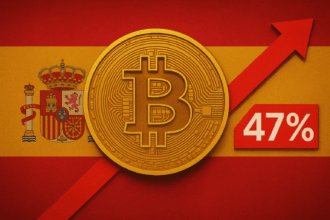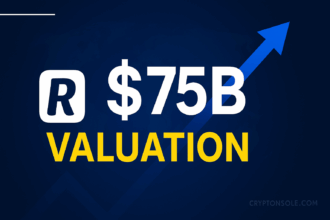Court Decision in California
A U.S. federal judge in California has dismissed a class-action lawsuit against Yuga Labs, the company behind the Bored Ape Yacht Club (BAYC) NFTs and ApeCoin (APE). The court concluded that neither BAYC NFTs nor ApeCoin meet the legal definition of securities under the Howey test. Judge Fernando M. Olguin found that the plaintiffs failed to establish the three required elements: the presence of a common enterprise, an expectation of profits, and profits derived4 primarily from the efforts of others.
BAYC NFTs Framed as Digital Collectibles
The ruling highlighted that Yuga Labs has consistently marketed its NFTs as digital collectibles with membership benefits, rather than speculative investments. Membership perks such as exclusive access, community events, and utility features supported the court’s view that BAYC NFTs serve consumptive purposes rather than investment vehicles. This framing played a crucial role in the court’s decision to dismiss the securities classification claim.
Marketplace Structure and Royalties Weakened Plaintiff’s Case
Judge Olguin also noted the structural separation between NFT holders and Yuga Labs’ financial outcomes. Since many BAYC NFTs were acquired through third-party platforms such as OpenSea rather than directly from Yuga Labs, the direct economic link was limited. Furthermore, Yuga’s modelx of collecting creator royalties on secondary sales helped decouple the financial interests of the company from those of the NFT holders, undercutting the plaintiffs’ argument of shared profit dependence.
ApeCoin Also Ruled Outside Securities Definition
The decision extended to ApeCoin, the governance and utility token of the BAYC ecosystem. The court ruled that, in this context, ApeCoin also did not qualify as a security under the Howey framework. This extension is significant, as regulators have often scrutinized governance and ecosystem tokens more closely than digital collectibles.
Implications for NFT and Crypto Markets
The ruling sets an important precedent in the ongoing debate over how U.S. law treats NFTs. While it affirms that not all NFTs fall under securities law, the decision may only apply narrowly to projects that emphasize utility, membership, and decentralized trading models. Other NFT projects that lean heavily on profit expectations, centralized control, or speculative hype may still face securities classification risks.
Market Confidence and Regulatory Outlook
For Yuga Labs and the BAYC community, the decision represents a major legal win, reducing regulatory uncertainty around their ecosystem. It may embolden creators, investors, and platforms to pursue new NFT initiatives with greater confidence in their legal standing. However, the broader question of regulatory clarity for NFTs remains unresolved, as future cases could still yield different outcomes depending on the facts and project structures.
M0S3NMLL












